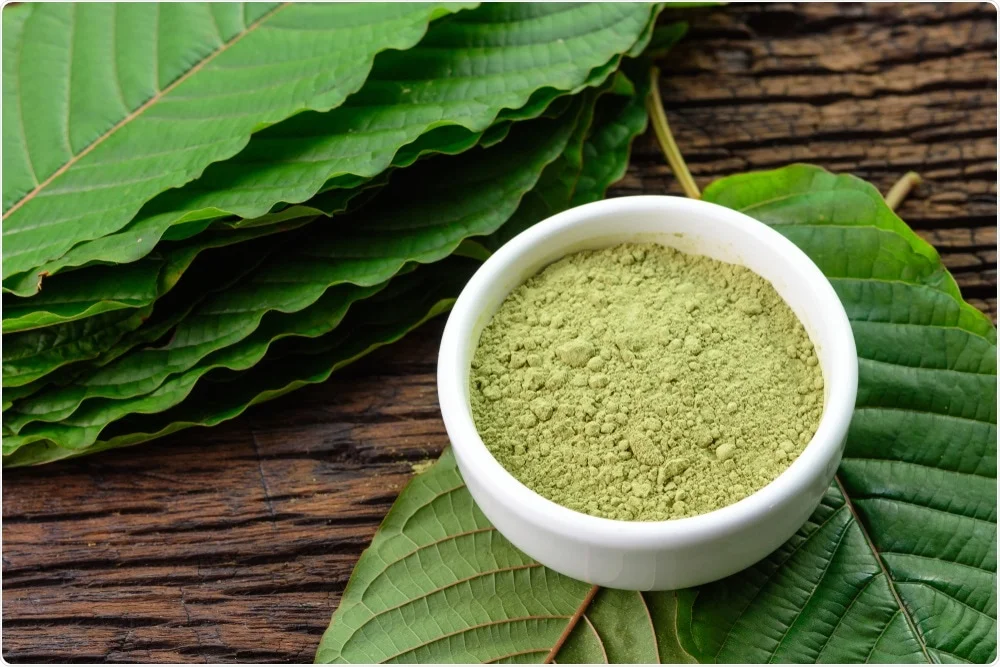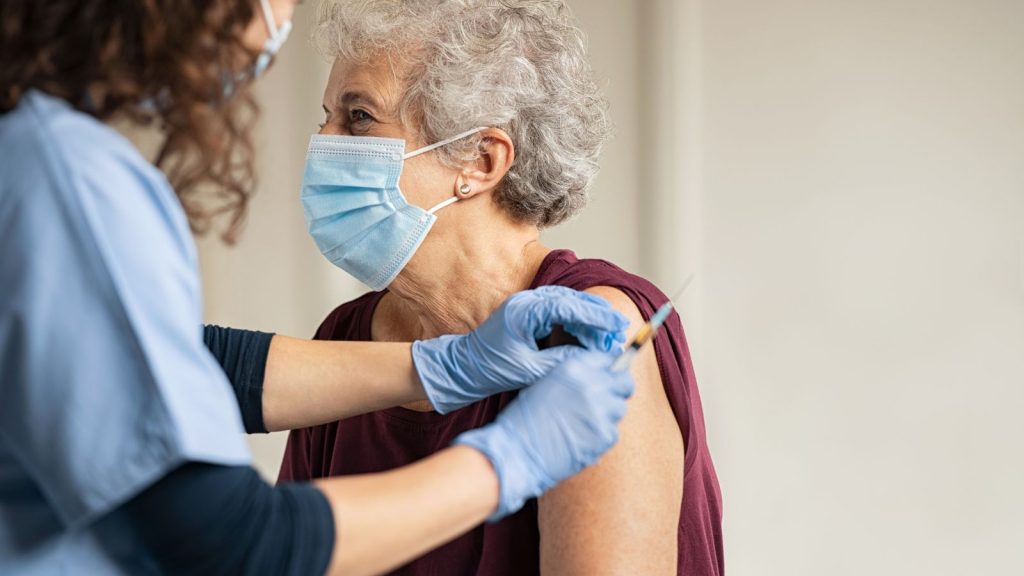Green Bali Kratom is often heralded as an excellent choice for beginners exploring the world of kratom. Its unique properties make it a standout option for those new to this herbal supplement, offering a balanced introduction to the diverse range of effects kratom can produce. Kratom, derived from the leaves of the Mitragyna speciosa tree native to Southeast Asia, has gained popularity for its potential to support well-being in various ways. Among the different strains of kratom, Green Bali stands out for its distinctive profile, which strikes a harmonious balance between stimulation and relaxation. For newcomers, Green Bali Kratom offers a gentle introduction due to its moderate potency.

Unlike some kratom strains that can be highly stimulating or sedating, Green Bali provides a more subtle effect that allows users to gauge their response without overwhelming them. This makes it an ideal choice for those who are unsure of how their body will react to kratom or who want to ease into its effects gradually. One of the key benefits of Green Bali Kratom is its balanced nature. This strain is known for providing a mild boost in energy and focus while simultaneously promoting a sense of calm and relaxation. This dual-action quality is particularly advantageous for beginners, as it helps them experience the full spectrum of kratom’s effects without the extremes of overstimulation or excessive sedation. It creates a more controlled and comfortable experience, allowing users to better understand their preferences and needs. In addition to its balanced effects, Read Full Article Green Bali Kratom is valued for its relatively smooth and manageable taste. For those new to kratom, the flavor of the powder can be a significant factor in the overall experience. Green Bali’s more neutral taste makes it easier for beginners to incorporate into their routines, whether mixed into beverages, capsules, or other forms.
Another reason Green Bali Kratom is ideal for beginners is its widespread availability and affordability. As one of the more common strains, it is often easier to find and typically comes at a lower price point compared to rarer strains. This accessibility makes it a practical choice for those just starting their kratom journey, allowing them to experiment with minimal financial risk. Furthermore, Green Bali Kratom has a reputation for consistency and quality. Many reputable vendors offer high-quality Green Bali Kratom that is carefully sourced and tested for purity. This ensures that beginners receive a reliable product, reducing the likelihood of encountering unwanted contaminants or inconsistencies in effect. Green Bali Kratom’s balanced effects, manageable taste, affordability, and consistent quality make it an excellent choice for those new to kratom. It offers a gentle introduction to the herb’s benefits, allowing users to explore its potential in a controlled and comfortable manner.
